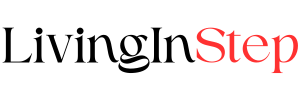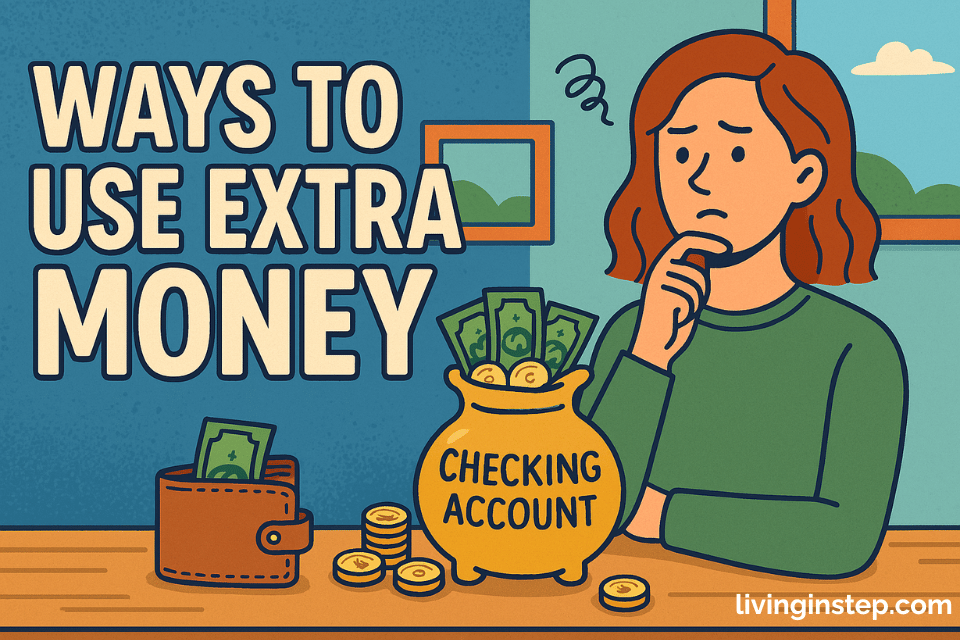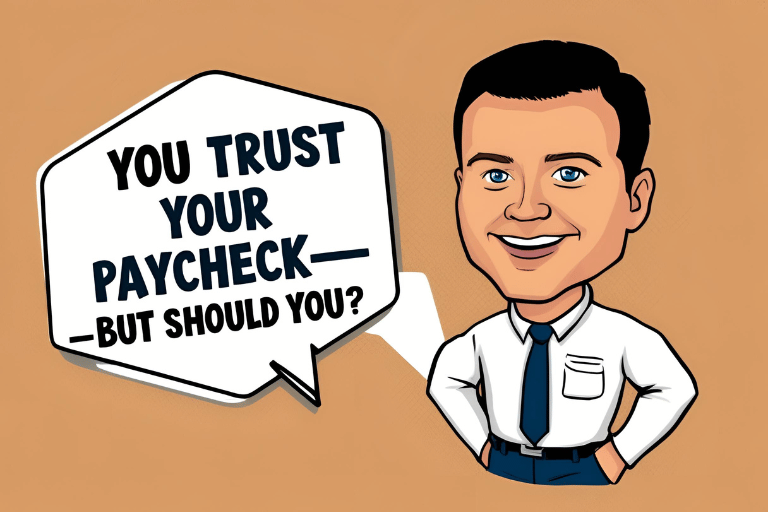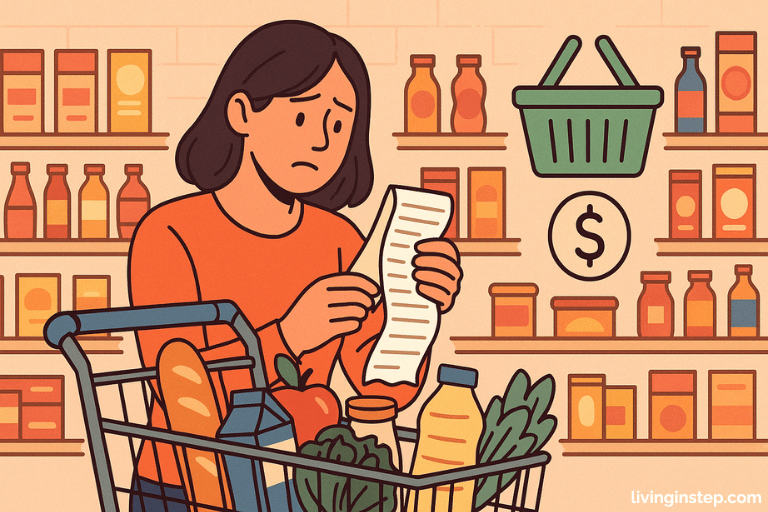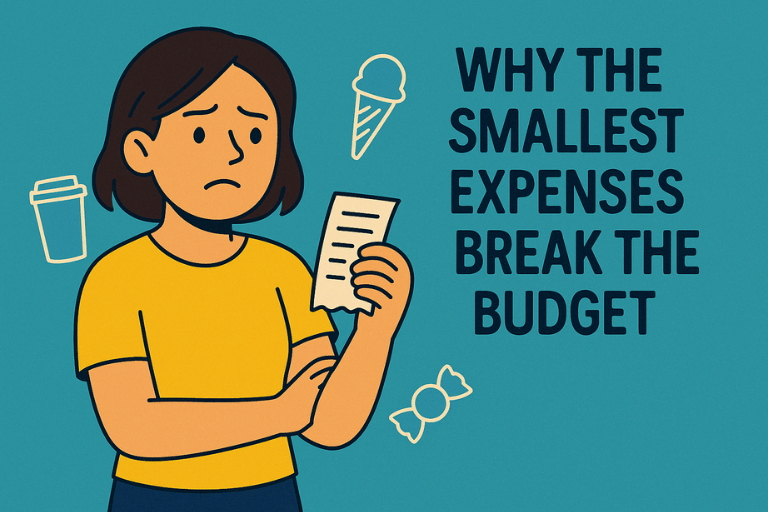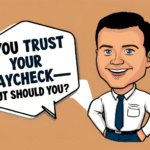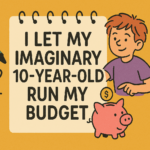It feels responsible to leave a cushion of cash sitting in a checking account.
After all, money in the bank equals peace of mind—right?
But that’s where things can quietly go off track.
Too much sitting in checking can slowly start to work against you.
What looks like safety can turn into stagnation.
And what starts as a buffer can gradually become a habit of financial drift.
Most experts agree with this.
One to two months of regular expenses is enough to keep in a checking account.
Beyond that, it becomes more tempting to spend passively—without noticing how much opportunity is quietly being missed.
Here are a few practical, low-pressure places that extra money is often redirected toward by those who want their financial decisions to have more long-term intention.
1. Pay down high-interest debt
Excess cash in a checking account earns little to nothing
Meanwhile, high-interest balances continue to grow quietly in the background
Eliminating or reducing debt—especially the kind with interest rates above 6%—has a way of freeing up not just money, but also mental bandwidth
2. Establish a proper emergency fund
A separate savings account that isn’t directly tied to day-to-day spending is often what prevents short-term setbacks from becoming long-term financial problems
Three to six months of living expenses is frequently mentioned as a solid target
Not to over-prepare—but to stay steady when the unexpected happens
3. Take care of what already exists
Money in checking can quietly disappear on impulse
Redirecting some of it toward maintaining what’s already been built can go a lot further
This might mean updating insurance, repairing a vehicle, or staying ahead of home maintenance
Preventative care tends to cost far less than reactive fixes
4. Invest in skills or education
While not always the first thing that comes to mind, some choose to use extra cash to quietly improve their ability to earn more later
That might be through certifications, online courses, or picking up a new income-generating skill
The return isn’t immediate—but often shows up in bigger ways down the road
5. Start or build a small business
Not everyone wants to be an entrepreneur
But for those with a side project or small venture in mind, unallocated money in checking may find better use in something with growth potential
Even small investments in equipment, marketing, or tools can help turn an idea into something more structured
6. Save toward a specific goal
Without a defined purpose, money tends to vanish
But when cash is earmarked for something concrete—like a house, travel, or a future milestone—it’s far more likely to grow
Some set up automatic transfers into goal-specific savings accounts
Not because it’s flashy—but because it works
7. Build a simple investment habit
Over time, excess money left in checking loses value to inflation
Some choose to redirect that money into basic investment vehicles—slowly, consistently, and without trying to time anything
This isn’t about big wins
It’s about quiet consistency
And making sure money has a chance to grow, not just sit
Final Thought
Keeping a cushion in checking is useful
But too much can quietly hold you back
The goal isn’t to eliminate flexibility
It’s to make sure idle money isn’t simply drifting without direction
Because money with a purpose tends to do more
Even when it’s working quietly in the background
Note: This content is for entertainment purposes only and is not financial advice. Please consult a qualified financial advisor for guidance specific to your situation.
